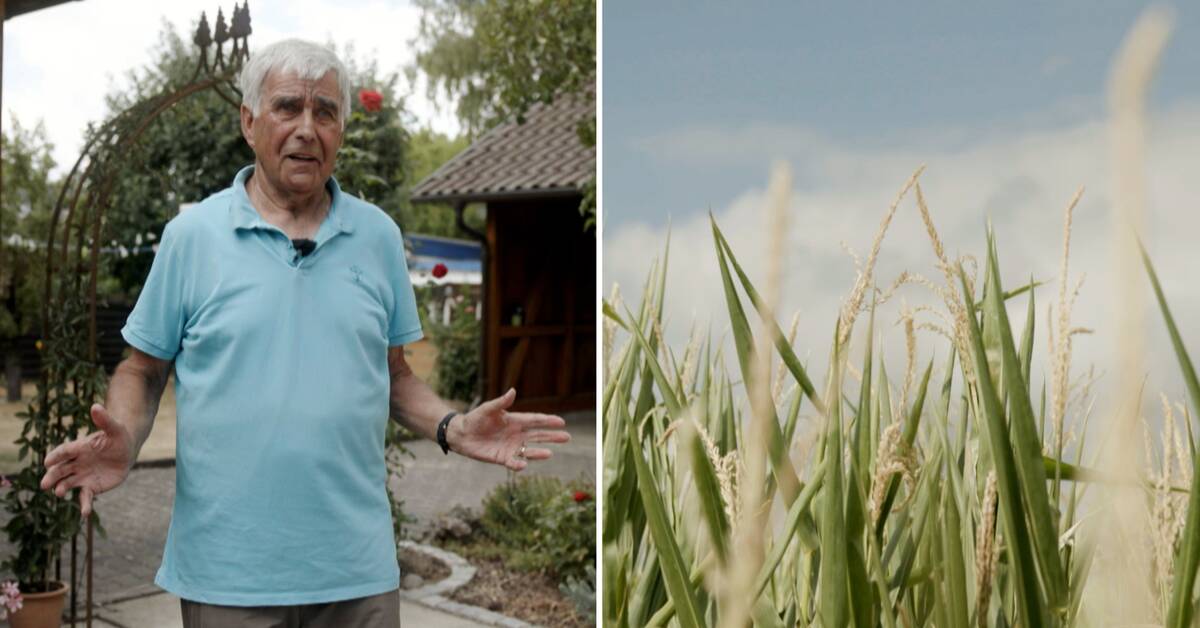On the horizon, right on the edge of the small village of Grossbardorf in northern Bavaria, the green fluffy roofs of the biogas plant can be seen.
Under the large canvases, biomass boils, which becomes both heat and electricity for the village's 950 inhabitants.
The idea for the biogas plant came from a concern that the village was too dependent on oil.
Old oil tankers need to be changed regularly and in some snowy winters it was difficult for the trucks with oil to get to the houses.
The village could not connect to the national gas network.
- In the beginning there was no enthusiasm, we had to knock on doors and explain what we wanted to do and convince them that it was better to invest in their own village, says Reinhold Behr, initiator and chairman of the village council.
Collective ownership
The facility was completed in 2011 and initially half of the buildings in the village were connected.
Today, 80 percent are connected.
The cost of connecting is SEK 50,000, a sum that is paid back after 25 years.
Like the residents, farmers are also part owners of the facility.
Those who previously grew animal feed now instead grow corn silage, which is the main ingredient in the biomass pot.
Another important ingredient is manure that comes from animal farmers in the surrounding villages.
The ingredients are mixed in the huge cauldron and at 42 degrees methane gas is formed, which in turn creates energy and electricity supply for four times more than what the village needs.
But it is the by-product that is the most important, the 90-degree waste water from the engine, which is sent out into the villagers' heating system.
- The best thing is that you no longer have to worry about the heat going off or new costs being added, says Lothar Behr, who got involved from the start.
Great interest since the war started
After Russia invaded Ukraine, the small village has received a lot of attention in the media.
Most of Germany is struggling to reduce gas and oil consumption to cope with the winter and the soaring energy costs.
In Grossbardorf, you can sit back and resell the electricity you don't need.
Together with four wind turbines and a small solar farm, the village produces electricity for 15 villages of the same size.

